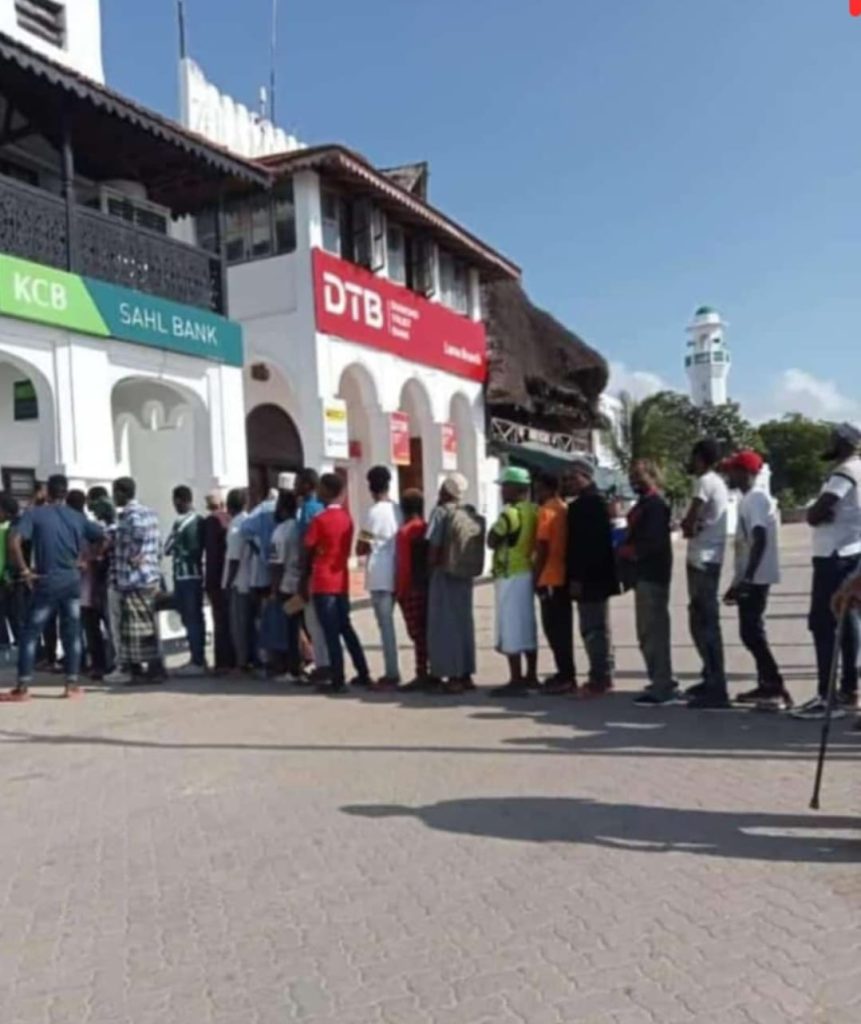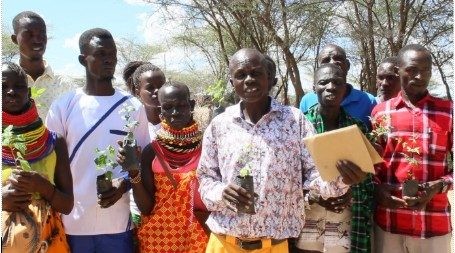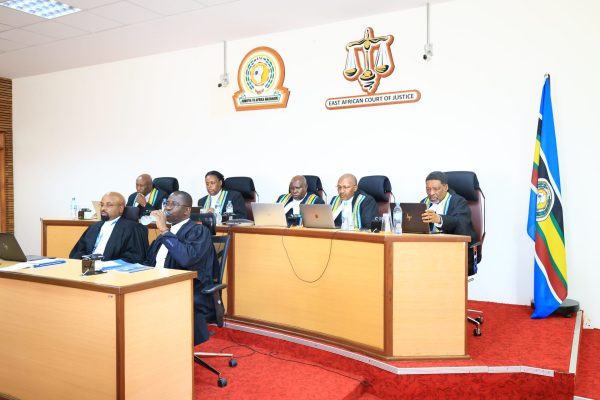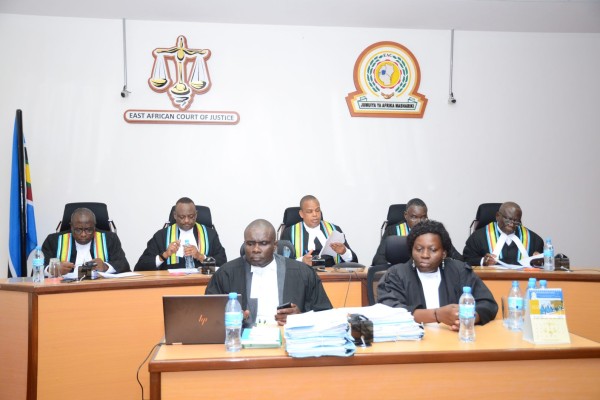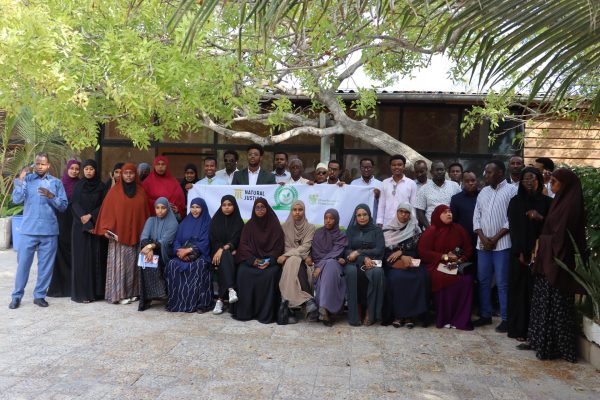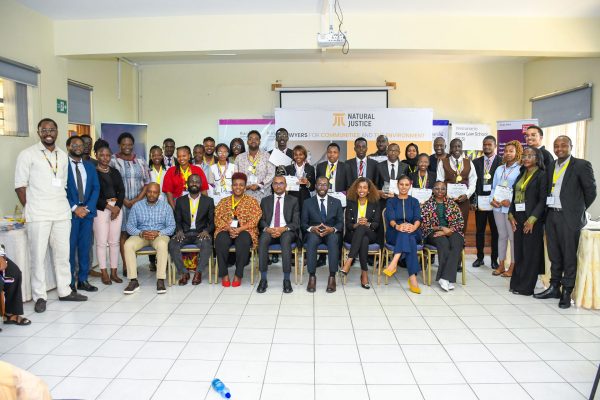Government Finally Settles with Fishermen Following Lengthy Legal Battle
It takes about six years for a Kenyan family to raise a child from birth to starting school. By year six, a child would be preparing for and starting primary school, marking a significant milestone in their development. Coincidentally, this is the same amount of time the government of Kenya has taken to compensate 4,102 fishermen in the Lamu Port South Sudan Ethiopia Transport (LAPSSET) Corridor case. The construction of the Lamu port, which began nine years ago, disrupted the local fishing community’s cultural and economic activities.
Natural Justice: A Crucial Player in the Litigation
In May 2018, the Malindi High Court ruled that through the Kenya Port Authority, the government would pay fishermen Sh1.76 billion for the disruption caused by the LAPSSET project. The Malindi High Court ruling indicated that the Lamu port project had failed to meet basic constitutional and legal requirements. The judgment affirmed the communities’ grievances about the project’s lack of public participation, environmental assessment and management plans, and recognition of the fisher community’s traditional fishing rights. It also highlighted citizens’ rights to protect their cultural identity and to a clean and healthy environment.
The court ordered a review of the project’s Environmental Impact Assessment (EIA) license, development of a Strategic Environmental Assessment, a robust public participation plan, reassessment of the project’s environmental and social impacts, replanting of mangroves, a comprehensive cultural heritage protection plan, and direct compensation for fishers. All legal expenses were to be reimbursed to the petitioners.
Natural Justice was pivotal in this litigation, providing essential legal support and advocacy for the affected communities. The organization’s commitment to environmental and human rights law was instrumental in securing this outcome. Their efforts ensured that the marginalised fishermen’s voices were heard and justice was served.
Lessons Learned
This case has underscored several critical lessons:
- The Importance of Legal Advocacy: Organizations like Natural Justice are crucial in ensuring that vulnerable communities have access to justice. Without their intervention, the fishermen might still be waiting for relief.
- Environmental Accountability: The incident highlighted the need for stricter environmental regulations and accountability measures to prevent such disasters from occurring in the future. It also emphasized the importance of swift and adequate responses to environmental crises.
- Community Resilience: The fishing communities’ resilience was remarkable. Despite facing severe hardships, they remained united in their fight for justice, demonstrating the power of collective action.
Looking Ahead
With the compensation now in place, the fishermen can rebuild their lives. However, the journey towards full recovery is ongoing. Future efforts must focus on sustainable development practices to ensure the long-term viability of fishing as a livelihood. Additionally, continuous monitoring and stricter enforcement of environmental regulations are essential to prevent future incidents.
Natural Justice remains committed to supporting these communities and advocating for policies that protect the environment and the rights of those who depend on it. The organization hopes this victory will set a precedent for other cases, encouraging greater accountability and justice for affected communities worldwide.
For more details on this case and its broader implications, you can read the full story here and here
Natural Justice continues to be at the forefront of the fight for environmental and human rights, ensuring that justice is not just a concept but a reality for all.

